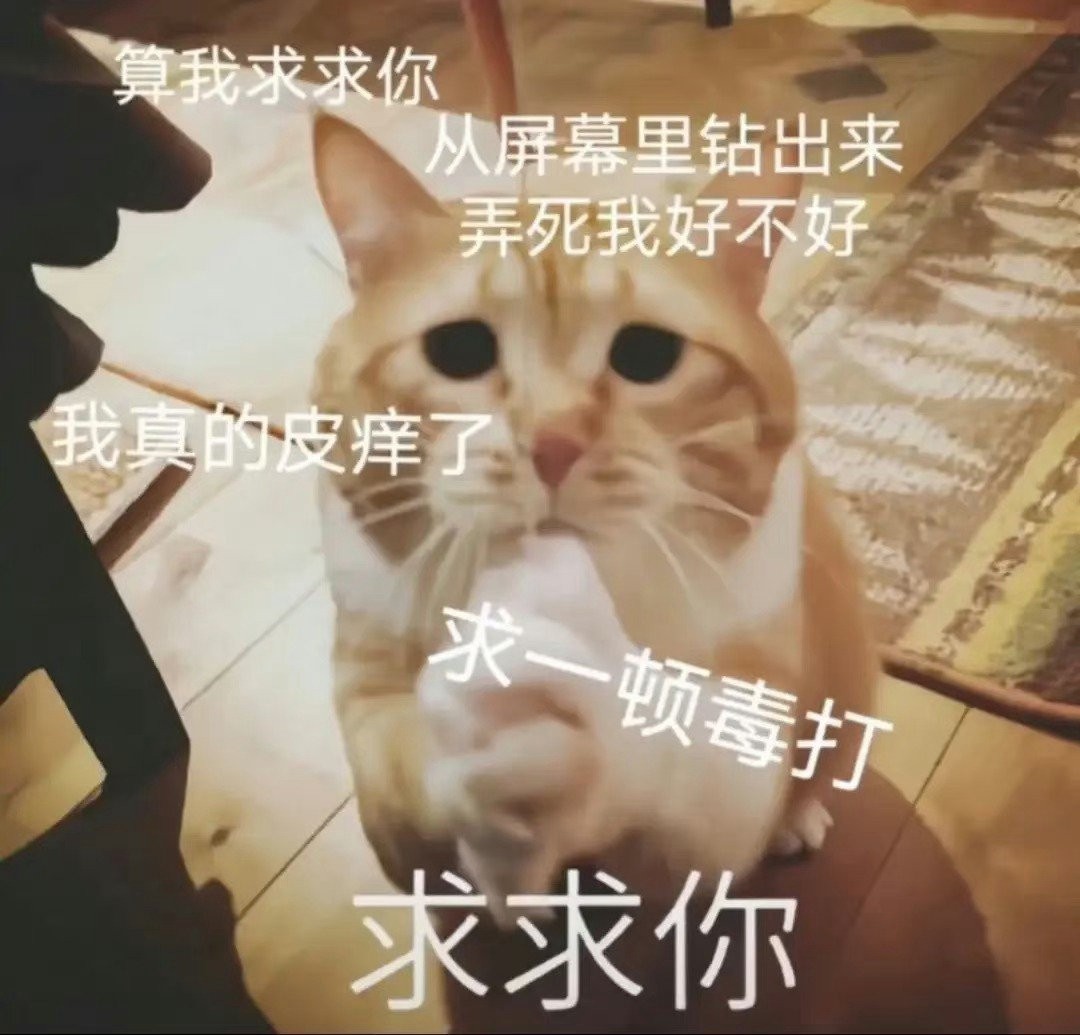1
2
3
4
5
6
7
8
9
10
11
12
13
14
15
16
17
18
19
20
21
22
23
24
25
26
27
28
29
30
31
32
33
34
35
36
37
38
39
40
41
42
43
44
45
46
47
48
49
50
51
52
53
54
55
56
57
58
59
60
61
62
63
64
65
66
67
68
69
70
71
72
73
74
75
76
77
78
79
80
81
82
83
84
85
86
87
88
89
90
91
92
93
94
95
96
97
98
99
100
101
102
103
104
105
106
107
108
109
110
111
112
113
114
115
116
117
118
119
120
121
122
123
124
125
126
127
128
129
130
131
132
133
134
135
136
137
138
139
140
141
142
143
144
145
146
147
148
149
150
151
152
153
154
155
156
157
158
159
160
161
162
163
164
165
166
167
168
169
170
171
172
173
174
175
176
177
178
179
180
181
182
183
184
185
186
187
188
189
190
191
192
193
194
195
196
197
198
199
200
201
202
203
204
205
206
207
208
209
210
211
212
213
214
215
216
217
218
219
220
221
222
223
224
225
226
227
228
229
230
231
232
233
234
235
236
237
238
239
240
241
242
243
244
245
246
247
248
249
250
251
252
253
254
255
256
257
258
259
260
261
262
263
264
265
266
267
268
269
270
271
272
273
274
275
276
277
278
279
280
281
282
283
284
285
286
287
288
289
290
291
292
293
294
295
296
297
298
299
300
301
302
303
304
305
306
307
308
309
310
311
312
313
314
315
316
317
318
319
320
321
322
323
324
325
326
327
328
329
330
331
332
333
334
335
336
337
338
339
340
341
342
343
344
345
346
347
348
349
350
351
352
353
354
355
356
357
358
359
360
361
362
363
364
365
366
367
368
369
370
371
372
373
374
375
376
377
| #include <iostream>
#include <fstream>
#include <string>
#include <vector>
#include <unordered_map>
#include <cctype>
#include <set>
#include <cassert>
enum class kTokenType {
KEYWORD,
IDENTIFIER,
NUM_LITERAL,
OPERATOR,
STRING
};
enum class kErrorType {
UNKNOWN,
INVALID_CHARACTER,
INVALID_NUM,
PARENDISMATCH,
UNCLOSED_COMMENT,
UNCLOSED_STRING
};
struct kToken {
kTokenType type;
std::string value;
int line;
int column;
};
struct kError {
kErrorType type;
std::string message;
int line;
int column;
};
class CLexicalAnalyzer {
private:
std::vector<kToken> tokens;
std::vector<kError> errors;
std::unordered_map<std::string, kTokenType> keyword_map;
std::set<char> compute_operator = { '+', '-', '*', '/', '%', '=', '&', '|', '!', '<', '>' };
std::set<char> front_closure_operator = { '(', '{', '[' };
std::set<char> back_closure_operator = { ')', '}', ']' };
std::set<std::string> double_operator = { "==", "!=", ">=", "<=", "&&", "||", "+=", "-=", "*=", "/=", "%=" };
const char transfer_operator = '\\';
const char end_operator = ';';
const char header_operator = '#';
int line_count;
int word_count;
int char_count;
int error_count;
void addToken(kTokenType type, const std::string& value, int line, int column);
void reportError(kErrorType type, std::string message, int line, int column);
public:
CLexicalAnalyzer() : line_count(1), word_count(0), char_count(0) {
const std::string keywords[] = {"auto", "break", "case", "char", "const", "continue", "default", "do", "double", "else",
"enum", "extern", "float", "for", "goto", "if", "inline", "int", "long", "register", "restrict", "return", "short", "signed",
"sizeof", "static", "struct", "switch", "typedef", "union", "unsigned", "void", "volatile", "while", "_Alignas", "_Alignof",
"_Atomic", "_Bool", "_Complex", "_Generic", "_Imaginary", "_Noreturn", "_Static_assert", "_Thread_local"
};
for (const auto& kw : keywords) {
keyword_map[kw] = kTokenType::KEYWORD;
}
}
void analyze(const std::string& filename);
void printStatistics() const;
void printTokens() const;
void printErrors() const;
#ifndef NDEBUG
void printContext() const {
int current_line = tokens.front().line;
std::cout << tokens[0].line << ": ";
for (const auto& token : tokens) {
if (token.line != current_line) {
current_line = token.line;
std::cout << "\n" << token.line << ": " << token.value << " ";
continue;
}
std::cout << token.value << " ";
}
std::cout << std::endl;
}
#endif
};
inline void CLexicalAnalyzer::addToken(kTokenType type, const std::string& value, int line, int column) {
tokens.push_back({type, value, line, column});
word_count++;
}
inline void CLexicalAnalyzer::reportError(kErrorType type, std::string message, int line, int column) {
errors.push_back({type, message, line, column});
error_count++;
}
void CLexicalAnalyzer::analyze(const std::string& filename) {
std::ifstream file(filename);
if (!file.is_open()) {
std::cerr << "Can't open file: " << filename << "\n";
exit(-1);
}
std::string current_token;
char c;
int current_line = 1;
int current_column = 0;
bool in_comment = false;
bool in_error = false;
bool string_unclosure = false;
bool single_dismatch = false;
bool double_dismatch = false;
bool reading = false;
int big_paren_dismatch = 0;
int mid_paren_dismatch = 0;
int small_paren_dismatch = 0;
char start_reading;
std::cout << filename << ": \n";
while (file.get(c)) {
char_count++;
current_column++;
if (in_comment) {
continue;
}
if (reading) {
file.unget();
while(file.get(c)) {
if (c == start_reading) {
break;
} else {
current_token += c;
if (c == transfer_operator) {
current_column++;
char_count++;
file.get(c);
current_token += c;
current_column++;
char_count++;
} else {
current_column++;
char_count++;
}
}
}
addToken(kTokenType::STRING, current_token, current_line, current_column - current_token.length() + 1);
current_token.clear();
}
if (static_cast<unsigned char>(c) > 127) {
if (!in_error) {
in_error = true;
reportError(kErrorType::INVALID_CHARACTER, "can't recognize the char", current_line, current_column);
continue;
} else {
continue;
}
}
if (std::isspace(c)) {
if (c == '\n') {
line_count++;
current_line++;
current_column = 0;
}
in_error = false;
continue;
} else if (c == '/' && !in_comment) {
char next_char = file.peek();
if (next_char == '/') {
file.get();
while (file.get(c)) {
if (c == '\n') break;
}
line_count++;
current_line++;
current_column = 0;
continue;
} else if (next_char == '*') {
in_comment = true;
std::cout << in_comment << "\n";
file.get();
continue;
}
} else if (in_comment && c == '*' && file.peek() == '/') {
file.get();
in_comment = false;
continue;
} else if (std::isalpha(c) || c == '_' && !in_error) {
current_token = c;
while (file.get(c) && (std::isalnum(c) || c == '_')) {
current_token += c;
current_column++;
char_count++;
}
file.unget();
kTokenType token_type = keyword_map.count(current_token) > 0 ? kTokenType::KEYWORD : kTokenType::IDENTIFIER;
addToken(token_type, current_token, current_line, current_column - current_token.length() + 1);
current_token.clear();
} else if (std::isdigit(c) && !in_error) {
bool scientific = false;
bool point = false;
current_token = c;
while (file.get(c) && (std::isdigit(c) || c == '.' || c == 'e' || c == 'E')) {
if (c == '.') {
if (!point) {
char next_char = file.peek();
if(std::isdigit(next_char)) {
current_token += c;
char_count++;
current_column++;
point = true;
} else {
reportError(kErrorType::INVALID_NUM, "please check if you write a correct value.\n", current_line, current_column);
}
} else {
reportError(kErrorType::INVALID_NUM, "please check if you write a correct value.\n", current_line, current_column);
}
} else if (c == 'e' || c == 'E') {
if (!scientific) {
char next_char = file.peek();
if(std::isdigit(next_char)) {
current_token += c;
char_count++;
current_column++;
scientific = true;
} else {
reportError(kErrorType::INVALID_NUM, "please check if you write a correct value.\n", current_line, current_column);
}
} else {
reportError(kErrorType::INVALID_NUM, "please check if you write a correct value.\n", current_line, current_column);
}
} else {
current_token += c;
char_count++;
current_column++;
}
}
file.unget();
addToken(kTokenType::NUM_LITERAL, current_token, current_line, current_column - current_token.length() + 1);
current_token.clear();
} else if (c == header_operator || c == end_operator) {
addToken(kTokenType::OPERATOR, std::string(1, c), current_line, current_column);
} else if (compute_operator.find(c) != compute_operator.end()) {
char next_char = file.peek();
std::string peek_string = std::string(1, c) + next_char;
if (double_operator.find(peek_string) != double_operator.end()) {
addToken(kTokenType::OPERATOR, peek_string, current_line, current_column);
file.get();
}
else addToken(kTokenType::OPERATOR, std::string(1, c), current_line, current_column);
} else if (front_closure_operator.find(c) != front_closure_operator.end()) {
switch(c) {
case '{': big_paren_dismatch++;break;
case '[': mid_paren_dismatch++;break;
case '(': small_paren_dismatch++;break;
}
addToken(kTokenType::OPERATOR, std::string(1, c), current_line, current_column);
} else if (back_closure_operator.find(c) != back_closure_operator.end()) {
switch(c) {
case '}': big_paren_dismatch--;break;
case ']': mid_paren_dismatch--;break;
case ')': small_paren_dismatch--;break;
}
addToken(kTokenType::OPERATOR, std::string(1, c), current_line, current_column);
} else if (c == '\'' || c == '"') {
if(!reading) {
reading = true;
start_reading = c;
} else {
reading = false;
}
if (c == '\'') {
if(!single_dismatch) single_dismatch = true;
else single_dismatch = false;
}
if (c == '\"'){
if(!double_dismatch) double_dismatch = true;
else double_dismatch = false;
}
addToken(kTokenType::OPERATOR, std::string(1, c), current_line, current_column);
}
}
if (in_comment) {
reportError(kErrorType::UNCLOSED_COMMENT, "comment unclosure.\n", current_line, current_column);
}
if (big_paren_dismatch != 0) reportError(kErrorType::PARENDISMATCH, "lack of big paren", -1, -1);
if (mid_paren_dismatch != 0) reportError(kErrorType::PARENDISMATCH, "lack of mid paren", -1, -1);
if (small_paren_dismatch != 0) reportError(kErrorType::PARENDISMATCH, "lack of small paren", -1, -1);
if (single_dismatch != 0) reportError(kErrorType::UNCLOSED_STRING, "lack of \'", -1, -1);
if (double_dismatch != 0) reportError(kErrorType::UNCLOSED_STRING, "lack of \"", -1, -1);
file.close();
}
void CLexicalAnalyzer::printStatistics() const {
std::cout << "Lines: " << line_count << ", Words: " << word_count << ", Characters: " << char_count << "\n";
}
void CLexicalAnalyzer::printTokens() const {
for (const auto& token : tokens) {
std::cout << "Token: " << token.value << ", Type: ";
switch (token.type) {
case kTokenType::KEYWORD: std::cout << "Keyword"; break;
case kTokenType::IDENTIFIER: std::cout << "Identifier"; break;
case kTokenType::NUM_LITERAL: std::cout << "Numeric Literal"; break;
case kTokenType::OPERATOR: std::cout << "Operator"; break;
case kTokenType::STRING: std::cout << "String"; break;
}
std::cout << ", Line: " << token.line << ", Column: " << token.column << "\n";
}
}
void CLexicalAnalyzer::printErrors() const {
for (const auto& error : errors) {
std::cout << "Error on line " << error.line << ", columne " << error.column << ": ";
switch (error.type) {
case kErrorType::INVALID_CHARACTER: std::cout << error.message; break;
case kErrorType::UNCLOSED_COMMENT: std::cout << error.message; break;
case kErrorType::INVALID_NUM: std::cout << error.message; break;
case kErrorType::PARENDISMATCH: std::cout << error.message; break;
case kErrorType::UNCLOSED_STRING: std::cout << error.message; break;
}
std::cout << "\n";
}
}
int main(int argc, char* argv[]) {
std::string value;
std::string arg;
CLexicalAnalyzer analyzer;
if (argc != 3) {
std::cerr << "wrong arg, plz try again\n";
exit(-1);
}
arg = argv[1];
if(arg == "-f") {
value = argv[2];
}
analyzer.analyze(value);
#ifndef NDEBUG
analyzer.printContext();
#endif
analyzer.printTokens();
analyzer.printStatistics();
analyzer.printErrors();
return 0;
}
|







